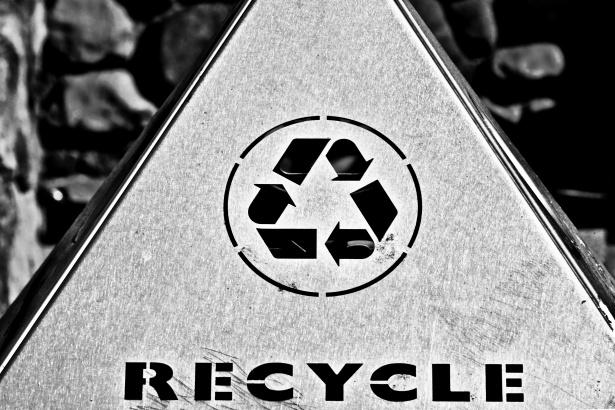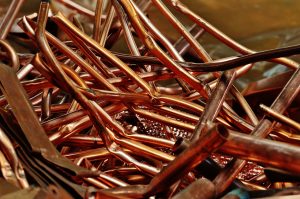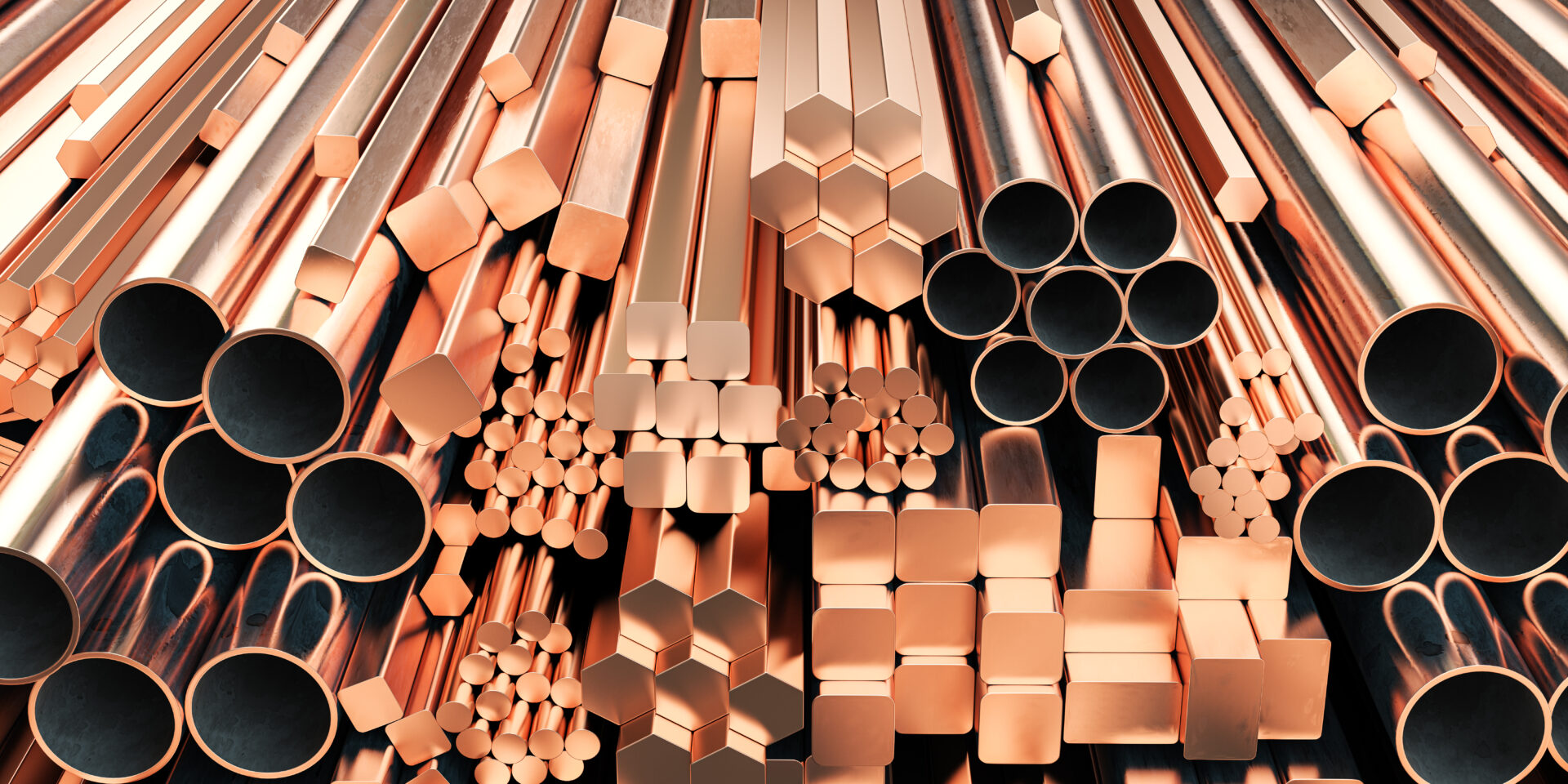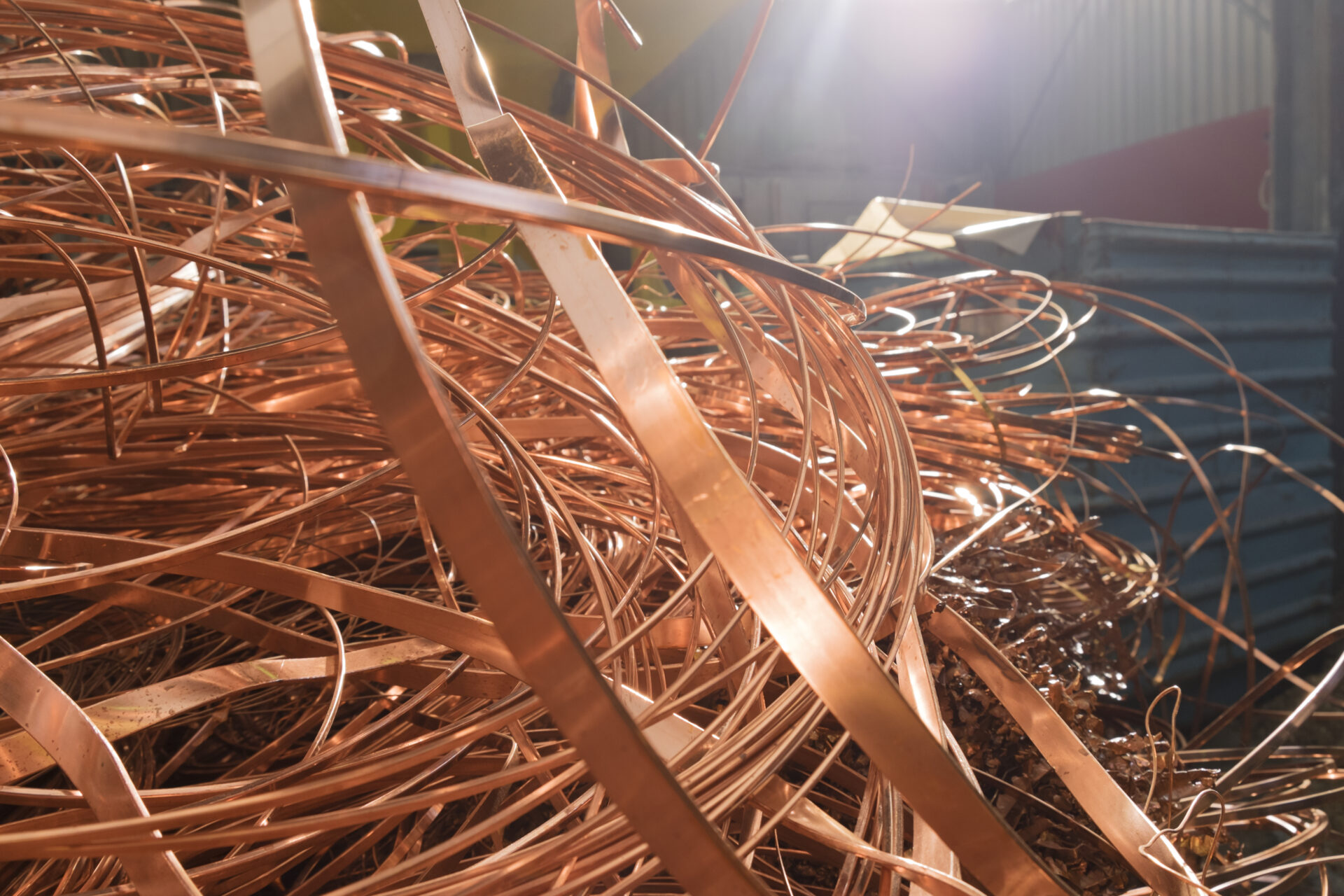
Recycling is not a controversial topic. Every day, millions of Americans place household items in their recycling bin for collection, while businesses all across the country do the same. Here are tips on how to recycle scrap metal.
It’s easy, even popular, to recognize the benefits of recycling, and how using older items to help make new ones, rather than letting all those items accumulate in a landfill, is widely accepted among the public.
What we need is to expand what we recycle, including critical items like scrap metal. A lot of Americans don’t fully grasp the idea that there are a lot of common household items and office equipment made from metal, and they can be successfully recycled to make new products.
And it’s just as important to keep scrap out of our landfills, because of the environmental benefits we get.
The good news is that recycling scrap metal is easy. And if you’re wondering how to recycle scrap metal, we can answer that question for you.
Why Should You Recycle Scrap Metal?
One of the key reasons why we want to recycle our unwanted scrap is because of the environmental benefits. Here are some good reasons why so many are working to promote the recycling of metal.
Recycling metal helps us reduce pollution by keeping scrap out of landfills. Scrap metal contains toxins that include mercury and lead, which can leech out of them and contaminate the soil and water around the landfill, posing health risks to people and wildlife.
Just as important is the fact that recycling enables us to reuse metals, so we don’t put additional pressure on our environment and natural resources by having to get brand new metals. Without recycling, the only way to acquire metal is through the mining of virgin metal ores. Most metal ores are found in untouched landscapes. Recycling metal enables us to avoid mining and destruction of these landscapes.
The truth is, we significantly reduce the burden on our natural resources every time we recycle scrap metal. Recycling one ton of steel conserves 2,500 pounds of iron ore, 1,400 pounds of coal, and 120 pounds of limestone.
Saving Energy

The good news is that a wide range of metals can be recycled. That includes aluminum, copper, steel, and iron, among many others.
Another benefit is that we save energy as well as natural resources.
Considerably less energy is required to make products from recycled metals than from mining for virgin ore. Recycling also uses less water and reduces carbon emissions, keeping our air clean as well.
The process of recycling metal also cuts down on greenhouse gas emissions and allocates saved energy for other purposes, including heating and lighting our homes.
It takes the same amount of energy to make one food can from raw materials as it does to make 20 cans from recycled metal.
What types of metals can be recycled?
Any metals you recycle can find new life in a lot of different ways, from large projects like the manufacturing of airplanes, railroads, and ships to creating smaller items like jewelry. Large or small, there is high demand today for recycled metals because they’re much less expensive than using brand new metals.
Scrap metal is often recycled for home furnishings or components like fixtures and lighting, while metal roofing materials are frequently made from recycled metals. Metals that have reached the end of their functional life as something in your home can just as easily be used to make something new.
And scrap-metal recycling is good for the economy. The fast-growing scrap metal recycling industry has created tens of thousands of direct and indirect jobs and brought additional tax revenue to the states.
Recycling scrap metal is easier than you think. And that starts with how easy it is to find scrap metals around the house. Look around your house, and you can find plenty of metal items that you might want to replace, including:
- Silverware/cutlery
- Aluminum and steel cans
- Pots and pans
- The base of lamps
- Metal chairs
- Bathroom fixtures
- Plumbing pipes
- Electrical appliances
- Swing sets
- Railings
Other examples include washers, dryers, heaters, and other appliances. If you recently replaced any of these household appliances, don’t let them sit in your garage.
What’s the Difference between Ferrous and Non-ferrous?

There are two types of metals: ferrous and non-ferrous. There’s a simple difference between the two. Ferrous metals contain iron. If you want to know if a metal is ferrous, find a magnet. If your magnet sticks to it, it’s likely ferrous. But if it doesn’t stick, it’s most likely non-ferrous.
Non-ferrous metals do not degrade during the recycling process, which means they can be recycled an infinite number of times. Non-ferrous metals are also lighter and more malleable than ferrous metals, which are generally heavier, stronger materials.
Ferrous metals have a high carbon content, and that tends to make them vulnerable to rust when exposed to moisture, although wrought iron resists rust and stainless steel is protected from rust since it contains chromium.
Common Nonferrous Metals
There are plenty of nonferrous metal items commonly found in your home. They include:
- Aluminum – It’s used often in the structure of homes and buildings, roofs, and window frames. Aluminum is also commonly used to make boats, cars, trucks, airplanes, and even trains.
- Brass — Light fixtures, faucets, and doorknobs are often made from brass, which is also used in valves and pipe fittings.
- Copper – Chances are there’s a lot of copper in your home, and it could be in your pipes, wiring, circuits, switches, and electromagnets. Copper is also commonly used in air conditioners, refrigeration units, and water supply systems.
- Lead – Soft and pliable, but deceptively heavy, lead has a lot of different applications, including lead piping and weights on wheels.
- Stainless Steel – Check in your kitchen and you’ll likely find stainless steel in appliances and other kitchenware.
- Tin — Soft and malleable, tin is often used to coat steel to prevent corrosion and can be alloyed with copper to produce tin brass and bronze.
- Zinc — Galvanized zinc has a lot of uses, including in air conditioners, chain-link fences, hair dryers, light posts, roofing panels, washing machines, jewelry and a lot of toys.
Ferrous Metals
The most common ferrous metals are steel and iron and are often found in new scrap from the production lines of manufacturing warehouses.
How To Recycle Scrap Metal
Recycling scrap metal is important to both our environment and economy, and if you have scrap metal items in your home or office, you can contact an experienced recycling firm like GLE Scrap Metal, which will go through the process of reclaiming metals from manufactured items so they can be used to make new products.
Collection is the first step. The metals that have been collected then go through additional sorting and treatment before recycling begins. Sorting includes having items broken down into their individual components, then separated for processing. Metals for recycling are then cleaned to remove non-metallic materials like paper, paint, etc. The actual process of recycling metals happens when the metals are broken down and reformed into usable pieces, called ingots.
Today, much of the scrap metal being recycled in the U.S. goes into the manufacturing of completely new items. Most canned goods contain some percentage of recycled metal, and more than a few are made from 100% recycled materials.
Conclusion
There’s a constant need for more consumers and businesses to bring their used scrap to an experienced firm like GLE Scrap Metal, which performs environmentally-friendly processing and recycling of all base and precious metals.
This family-owned and operated business will purchase, process, and re-integrate all recyclable base metals, which are supplied to manufacturers in need of quality materials.
To learn more, call GLE Scrap Metal at 855-SCRAP-88 and request a quote.



